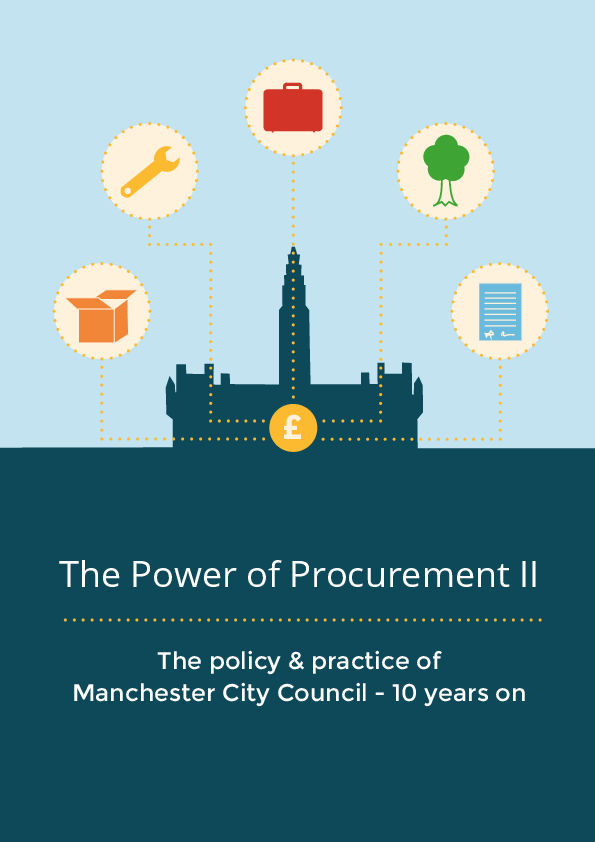Framed by austerity, the economic reality behind many voters choosing Brexit was a future of little promise – insecure jobs, insecure public provision, insecure futures. As a result, many leave voters felt that they had little or nothing to lose. On the back of an economic recession eight years ago, insecurity and a social recession has been built.
The EU referendum has shone a light on the failure of the treasury’s local economic and devolution model. The ‘devolution revolution’ may have beguiled some, but it has passed many by. The promised ‘northern powerhouse’ was a canny brand which few saw any tangible outcome from. Indeed, I know of many economic development practitioners who felt that austerity framed devolution and its bullish treasury-backed city agglomeration ‘growth at all costs’ approach was flawed. However, they rightly got on with it, longing for it to be just a start, and something to grapple, amend and make progressive.











